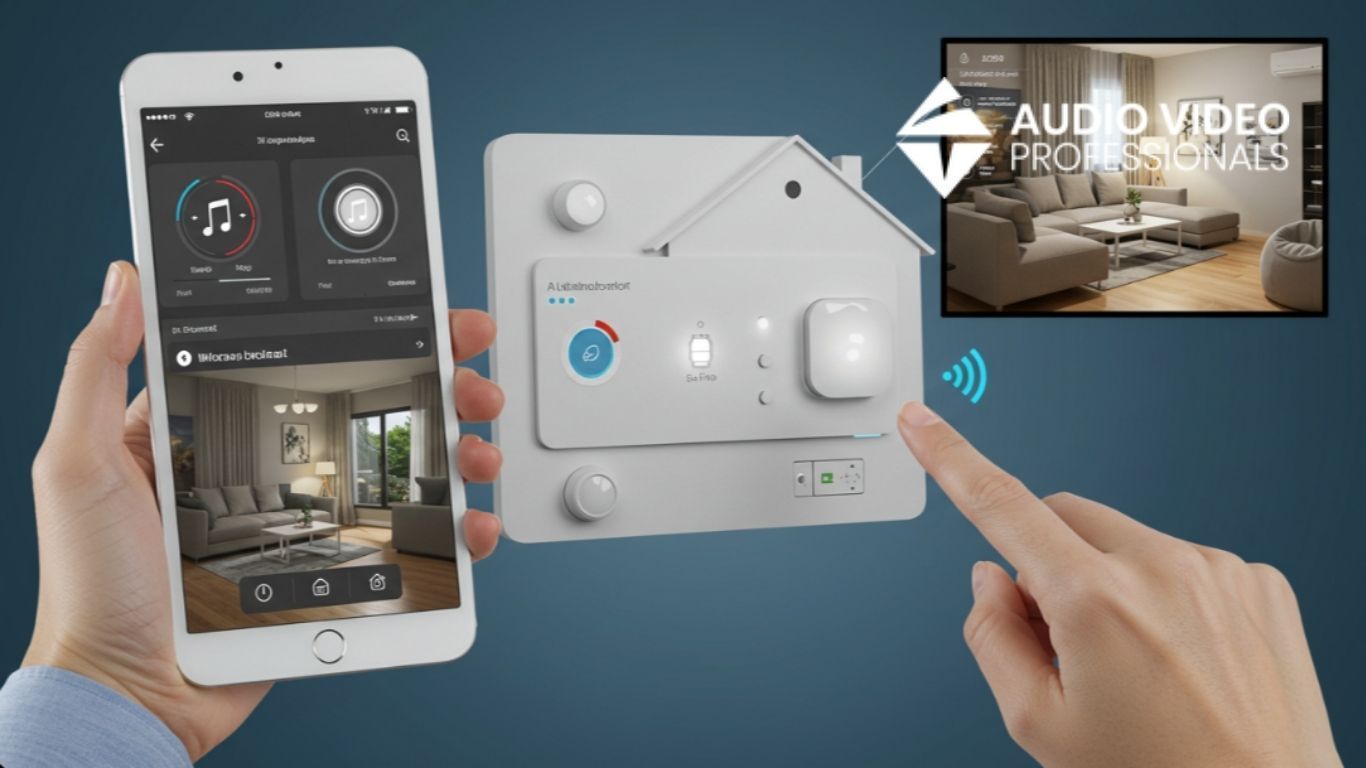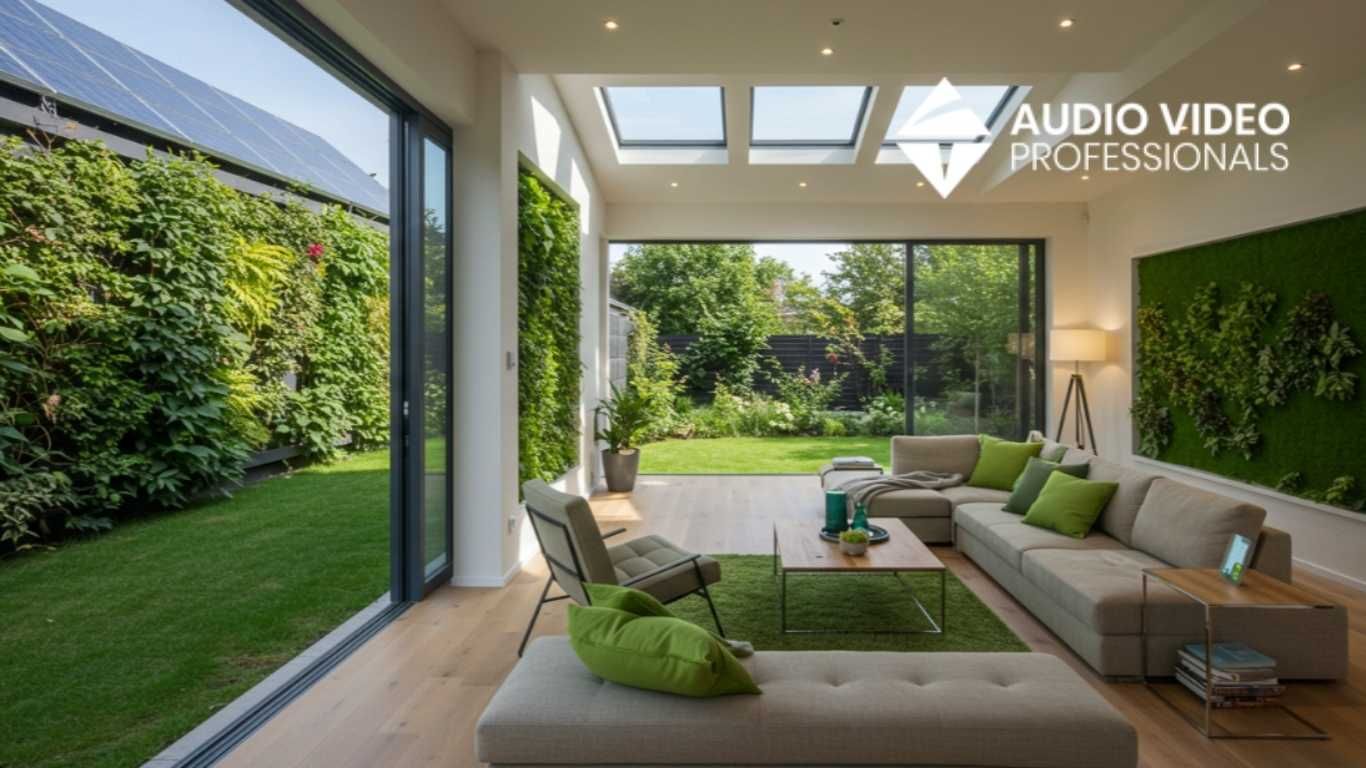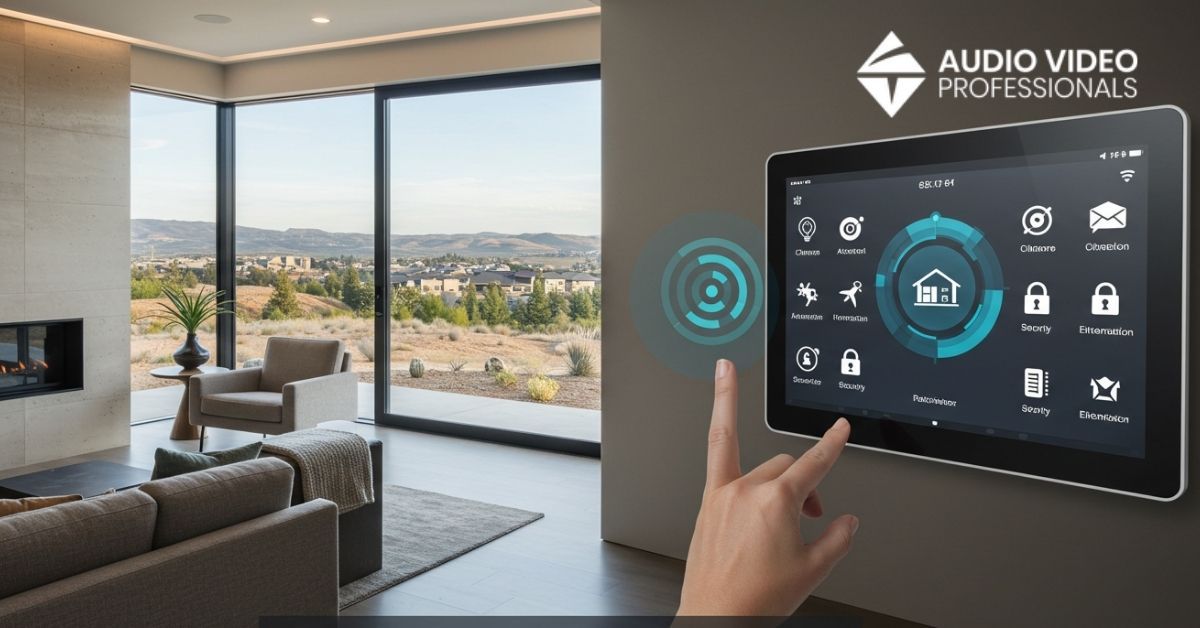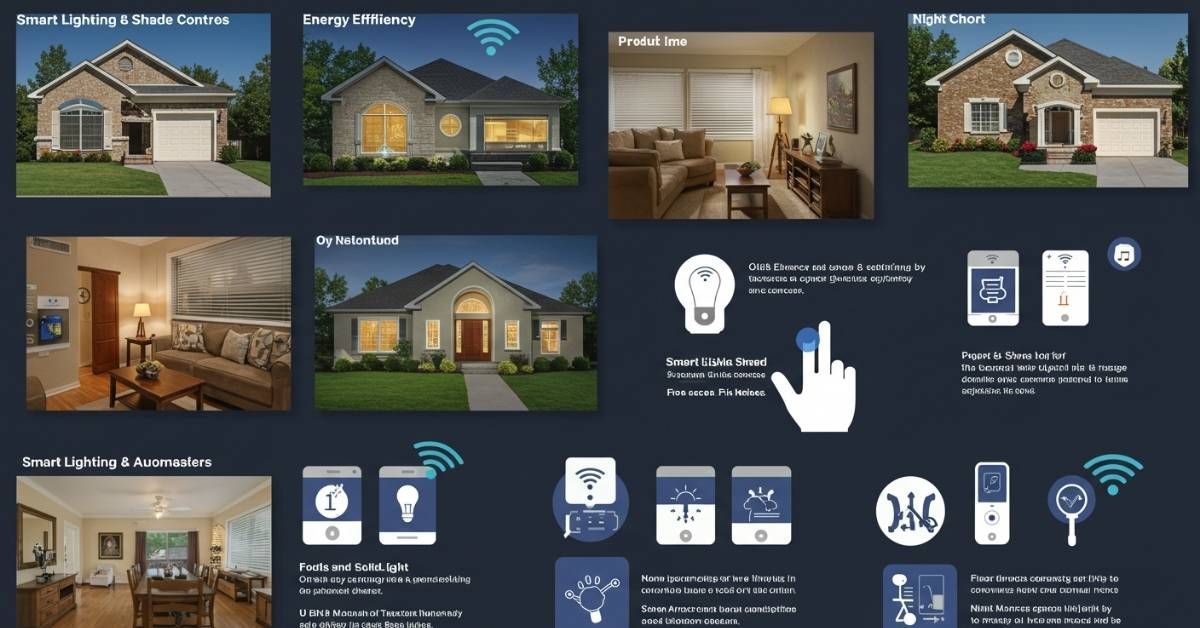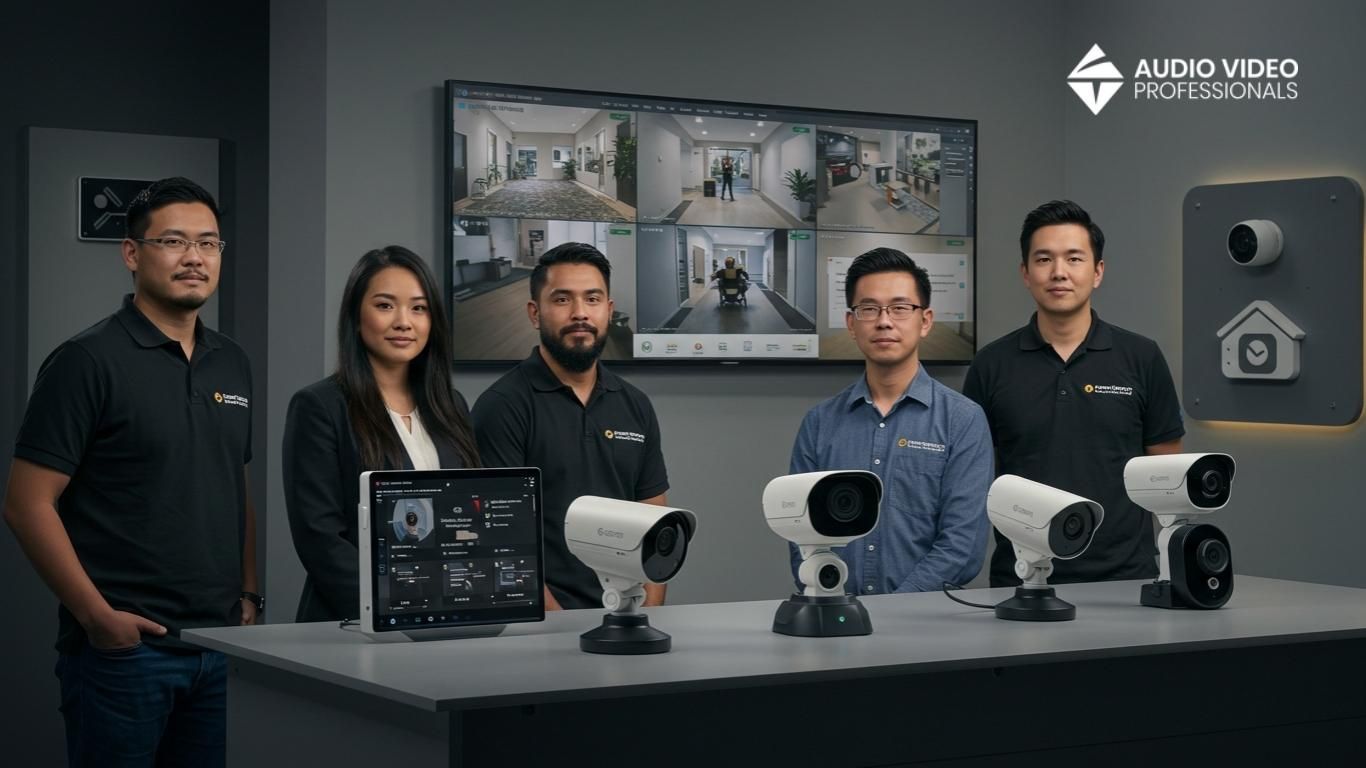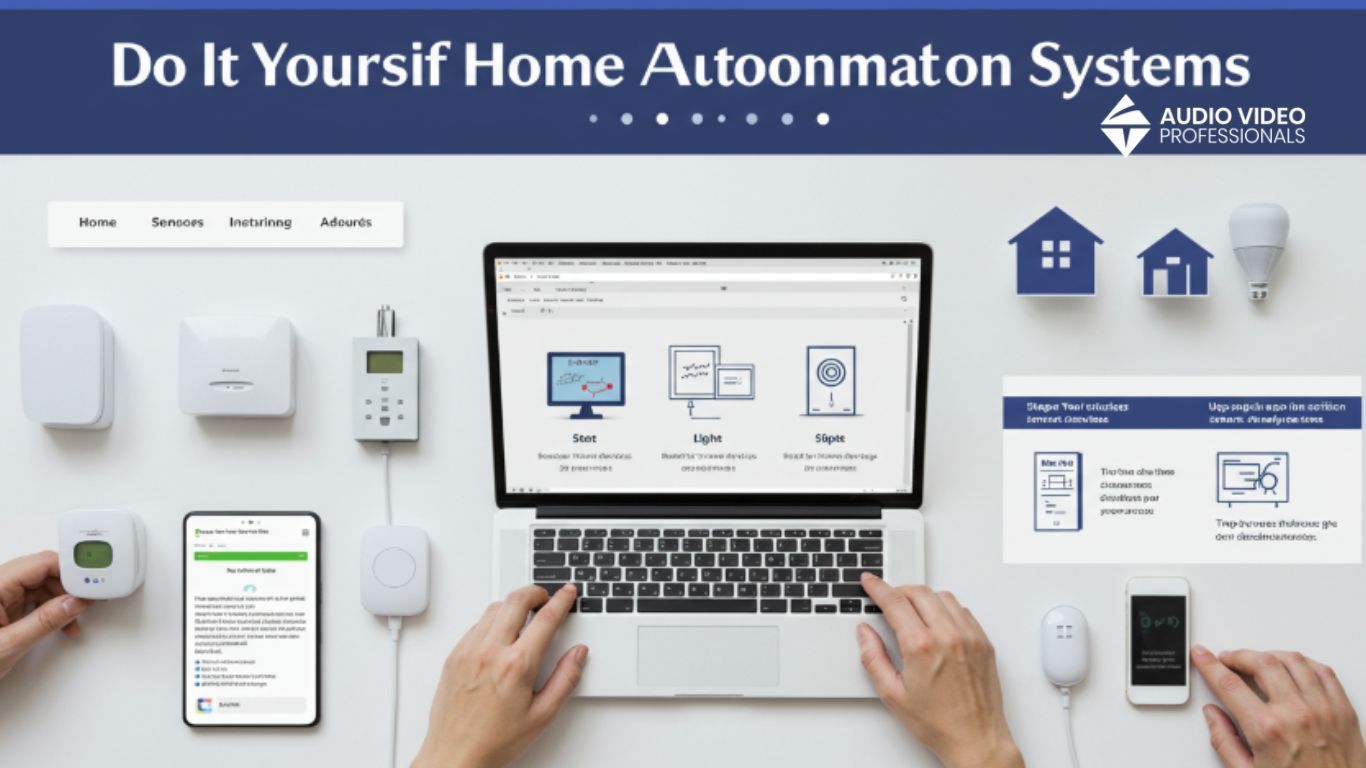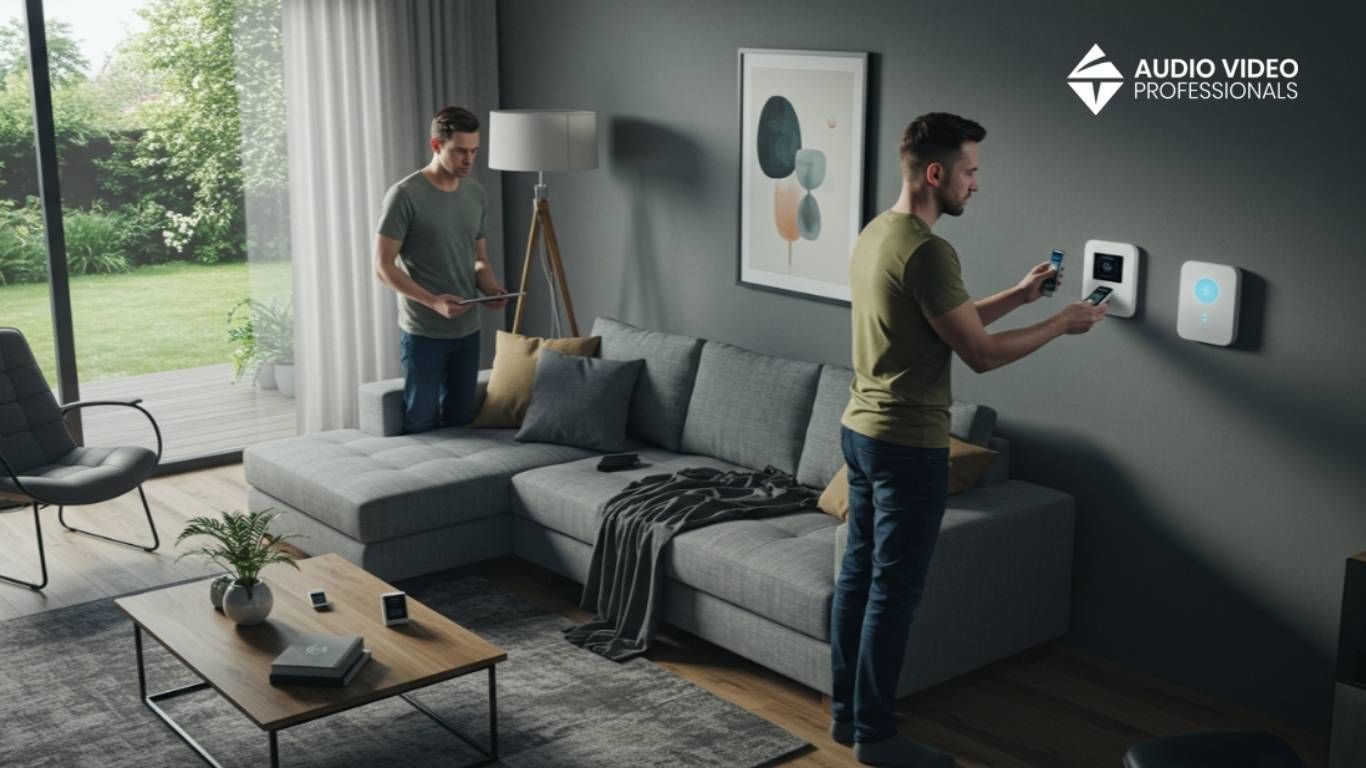What Are The Best Home Automation Systems in 2025
In 2025, home automation systems will continue evolving, making homes more innovative, secure, and energy-efficient. With new technological advancements, homeowners embrace automation to streamline daily tasks, enhance security, and improve overall convenience. Whether upgrading an existing system or setting up a new smart home, choosing the right automation platform is crucial. This guide explores the best home automation systems for 2025, optimized for various needs, from seamless integration to voice control and security.
The global smart home market is set to exceed $174 billion by 2025, showing the growing demand for connected home technologies. Platforms like SmartThings, Apple HomeKit, Amazon Alexa, Google Home, and Home Assistant offer a wide range of options, each designed to meet different preferences and requirements.
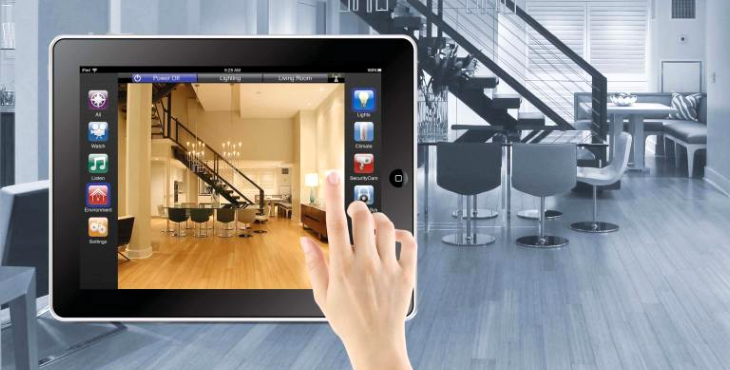
Overview of Home Automation Systems
A home automation system is the central hub connecting and managing various smart devices throughout the house. It lets users control lighting, security systems, temperature, and even entertainment systems from their smartphones or voice assistants. The right system can significantly improve your quality of life by ensuring efficiency, convenience, and home security.
| System | Best For | Key Features | Compatibility | Unique Benefits |
|---|---|---|---|---|
| SmartThings | Overall Versatility | Works with 5,000+ devices, including lights, cameras, thermostats. Customizable routines and scenes. | Wi-Fi, Zigbee, Z-Wave | Seamless integration with multiple device brands. |
| Home Assistant | DIY and Hub-Free Setup | Open-source, no hub required, runs on Raspberry Pi, fast local response, secure. | Over 1,000 APIs | High customization, no cloud dependency. |
| Apple HomeKit | Apple Ecosystem Users | Voice control with Siri, personalized automation, privacy-focused. | Apple devices only | Perfect for Apple product users, secure data handling. |
| Amazon Alexa | Voice-Controlled Automation | Voice recognition, extensive device compatibility, smart home control with voice commands. | Alexa-enabled devices | Hands-free control with powerful voice assistant. |
| Google Home | Google Ecosystem Users | Integrates seamlessly with Google's ecosystem, supports automation and voice commands. | Google devices, Matter standard | Future-proof with Matter integration. |
SmartThings: The Most Versatile Home Automation System for All Your Needs
SmartThings, developed by Samsung, is recognized as one of the most comprehensive and versatile home automation systems. It offers compatibility with over 5,000 devices, including lights, thermostats, and security cameras. The platform supports multiple communication protocols like Wi-Fi, Zigbee, and Z-Wave, making it a flexible solution for integrating devices from different manufacturers.
With the SmartThings app, users can easily set up and manage their homes. The app allows for custom routines and scenes, automating daily tasks such as adjusting lighting brightness or controlling thermostat settings.
Why Choose SmartThings:
Extensive Device Compatibility: Integrates with various devices from various brands.
Flexible Automation: Customize scenes and routines to suit your lifestyle.
Smart Hub is a central hub for all your smart home devices.
Home Assistant: The Hub-Free Solution for a Custom Smart Home
For those who want a DIY approach without needing a central hub, Home Assistant is an excellent choice. This open-source platform operates locally, ensuring quick response times and increased security, as it doesn't rely on cloud servers.
Home Assistant is highly customizable, making it ideal for users who prefer control over their smart home setup. It can run on various devices, such as Raspberry Pi, Windows, macOS, and Linux, and integrates with more than 1,000 APIs, including security cameras, lighting, and thermostats.
Why Choose Home Assistant:
Hub-Free Setup: No need for extra hardware, reducing costs.
Local Operation: Ensures faster response times and better data privacy.
Open-Source: Offers a highly customizable experience for tech enthusiasts.
Apple HomeKit: The Best Option for Apple Ecosystem Users
Apple HomeKit is perfect for those already embedded in the Apple ecosystem. With seamless integration with Siri and a simple user interface, Apple HomeKit enables effortless control of your smart home through voice commands and personalized automation.
Apple's focus on privacy and security ensures that your data is kept safe, making HomeKit an excellent choice for privacy-conscious users. However, remember that HomeKit requires HomeKit-certified devices, which might limit your options for expanding your smart home.
Why Choose Apple HomeKit:
Seamless Integration: Perfectly integrates with other Apple devices.
Voice Control: Fully integrated with
Siri for hands-free control.
Privacy-Focused: Keeps your data secure with Apple’s robust privacy policies.
Amazon Alexa: Voice-Controlled Smart Home Automation
Amazon Alexa is the go-to choice for users who prefer hands-free, voice-activated control. Alexa integrates with various smart devices and offers extensive voice recognition capabilities.
With Alexa, you can create custom routines triggered by voice commands or specific events, such as turning off lights when you go to bed or playing your favorite music in the kitchen.
Why Choose Amazon Alexa:
Voice-Controlled Convenience: Easily control your smart devices with voice commands.
Broad Device Compatibility: Works with thousands of Alexa-enabled devices.
Interactive Experience: Supports interactive routines and entertainment control.
Google Home: The Best Option for Google Ecosystem Users
Google Home offers a robust and versatile home automation experience for those deeply integrated into the Google ecosystem. With Google Assistant’s robust voice recognition, users can control many smart devices, from thermostats and lights to security cameras and doorbells.
Google Home also supports Matter, the new open-source connectivity standard that aims to unify smart home devices across platforms, making it a future-proof choice.
Why Choose Google Home:
Google Ecosystem: Integrates seamlessly with Google services.
Powerful Voice Assistant: Google Assistant is highly accurate and responsive.
Matter Compatibility: Supports the emerging Matter standard for cross-platform device compatibility.
Conclusion:
Choosing the right home automation system depends on your unique needs and existing devices. Whether you prioritize compatibility, voice control, security, or customizability, there’s a solution that will elevate your home’s convenience and functionality. SmartThings offers a broad range of device support, while Home Assistant provides flexibility without a hub. HomeKit is the best choice for Apple users, and for hands-free control, Amazon Alexa and Google Home are top contenders.
Ready to upgrade your home into an innovative, automated environment? Audio Video Professionals offers expert installation of all these systems, ensuring a seamless experience tailored to your needs. Contact us today to discuss the best home automation solutions for your home in Boise!
FAQs About Home Automation Systems
What’s the difference between a smart home and home automation?
A
smart home has connected devices that can be controlled remotely. In contrast,
home automation involves setting up triggers and routines for these devices to work together seamlessly, based on factors like time, motion, or location.
How much does home automation installation cost?
Installation can range from $100 to $200 for a basic hub, with additional costs for devices like lights and thermostats. Depending on the system, a full setup can cost anywhere from a few hundred to a few thousand dollars.
Can I install a home automation system myself?
Most systems, like
SmartThings and
Amazon Alexa, offer easy DIY setup, but more advanced systems may require professional help to ensure everything is integrated correctly.
What should I consider when choosing a home automation system?
Consider
compatibility,
ease of use,
security features, and
scalability. It’s also essential to think about your long-term goals for your smart home and the types of devices you plan to integrate.
What are the benefits of voice control in home automation?
Voice control offers hands-free convenience. It allows you to control lights, thermostats, security systems, and entertainment with simple voice commands, improving accessibility and ease of use.

